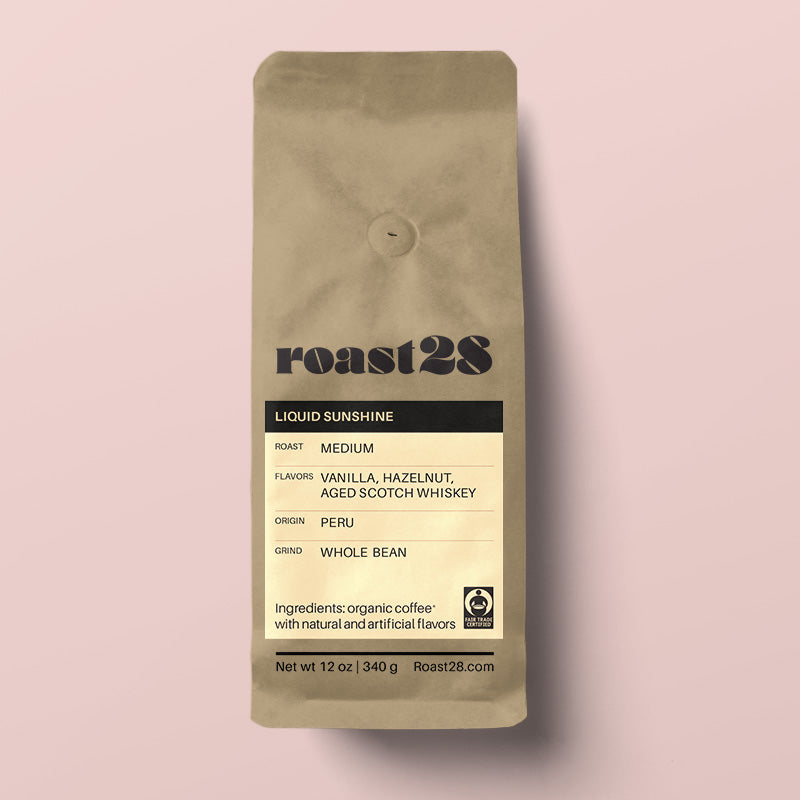Your daily cup of coffee is facing challenges that start long before it hits your mug. Climate and weather patterns directly affect coffee farms, especially those producing arabica and robusta beans. Stable temperatures, consistent rainfall, and predictable seasons are essential for healthy coffee crops. When those conditions change, so does the quality and quantity of the beans harvested. This makes weather a major player in the coffee world, whether you're a casual drinker or a full-on espresso enthusiast.

Why weather matters for coffee beans
Coffee is mostly grown in regions like Brazil and Vietnam, where recent weather changes have caused serious issues. Prolonged droughts, unexpected rainfall, and other climate disruptions have damaged crops and reduced yields. Arabica beans, which are more sensitive to climate shifts, have been especially affected. This reduction in supply pushes green coffee prices up globally. The result? Everyone from local roasters to large coffee chains feels the impact.

Rising prices across the coffee chain
Many U.S. coffee chains have raised their prices in response to rising bean costs. Starbucks, Dunkin’, and Peet’s Coffee have all made price adjustments over the past year. At Starbucks, menu prices have increased by roughly 20% since 2021. These hikes reflect the growing cost of green coffee caused by extreme weather in top-producing countries. Climate disruptions are now directly influencing what Americans pay at the counter.

Home brews can ease the sting
Making coffee at home is a smart and delicious way to save money while avoiding long lines and café markups. Specialty coffee purchased online is often fresher and sourced from farms using sustainable farming practices. It gives consumers better control over flavor and brewing methods. Plus, brewing at home can be a more environmentally friendly coffee option. It cuts down on waste, packaging, and transportation emissions.

Why ethical choices matter
Buying ethically sourced coffee does more than support quality—it supports people. Farmers dealing with unpredictable weather are often the most vulnerable in the supply chain. Choosing coffee from brands that prioritize responsible coffee cultivation helps support fair wages and long-term sustainability. Certifications like Fair Trade and Rainforest Alliance signal ethical coffee choices that benefit both growers and ecosystems. These choices help create a future where coffee farming can adapt and thrive.

Support sustainability with every sip
As climate continues to affect crops, consumers can make a positive impact through their coffee habits. Supporting small-batch roasters, buying direct-trade beans, and brewing at home are great steps toward sustainable living. These actions promote environmentally friendly coffee and reduce reliance on unsustainable mass production. With every sip, you support more than just a great cup—you support a more responsible global coffee culture.




